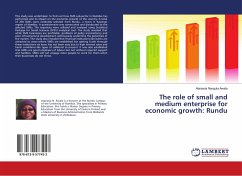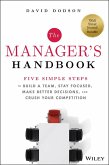Traditional entrepreneurship scholarship is heavily influenced by Western ideologies that may not adequately reflect the values, beliefs, and social structures of all societies. Therefore, there is a need for entrepreneurship models that are more inclusive and responsive to the unique needs and contexts of different communities, particularly those that recognise and value local, indigenous knowledge systems and approaches to business and economic development.
The chapters in this volume explore multiple dimensions of decolonisation within an entrepreneurial context. This includes how colonial legacies shape global and local entrepreneurial ecosystems, questioning their structures and proposing alternative models rooted in equity and inclusivity. Chapter authors investigate the persistence of colonial ideologies in entrepreneurial and organisational leadership, advocating for culturally sensitive and ethically sound management practices. In addition, the book examines the informal economy and third sector, often overlooked in mainstream discourse, advocating for their recognition and empowerment through decolonial approaches. It will be of great interest to scholars and students of entrepreneurship, colonialism in business and HRM.
The chapters in this volume explore multiple dimensions of decolonisation within an entrepreneurial context. This includes how colonial legacies shape global and local entrepreneurial ecosystems, questioning their structures and proposing alternative models rooted in equity and inclusivity. Chapter authors investigate the persistence of colonial ideologies in entrepreneurial and organisational leadership, advocating for culturally sensitive and ethically sound management practices. In addition, the book examines the informal economy and third sector, often overlooked in mainstream discourse, advocating for their recognition and empowerment through decolonial approaches. It will be of great interest to scholars and students of entrepreneurship, colonialism in business and HRM.








